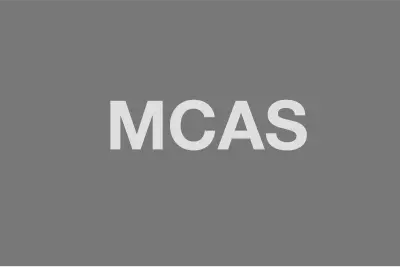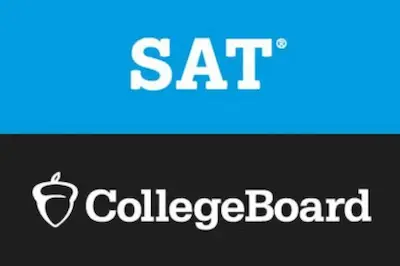Finding a new school can be challenging and requires a good amount of research and legwork. There are many great schools in the Boston area, but matching them to your family's unique circumstances can be challenging. What can be helpful is to put together a list of criteria you will use to qualify a potential school. Below is a starting point for what such a list could look like.
- Educational Philosophy and Values: Understand whether the school's educational philosophy and values match your own.
- Academic Excellence: Assess the school's academic programs, curriculum, and track record for academic excellence. Look for high standards and a strong commitment to education.
- Class Sizes and Teacher-Student Ratio: Smaller class sizes and a favorable teacher-student ratio often lead to more personalized attention and better learning outcomes.
- Quality of Teachers: Investigate the qualifications, experience, and dedication of the teaching staff. Well-qualified and passionate teachers can make a significant difference in your child's education.
- Extracurricular Opportunities: Determine the availability and diversity of extracurricular activities, such as sports, arts, clubs, and community service programs. These activities can enrich your child's experience.
- Facilities and Resources: Examine the school's facilities, including classrooms, libraries, laboratories, and recreational areas. Adequate resources and a well-maintained campus can contribute to a positive learning environment.
- Reputation and Accreditation: Research the school's reputation and confirm its accreditation by a recognized accrediting agency. Accreditation ensures that the school meets established educational standards.
- Diversity and Inclusivity: Consider the school's commitment to diversity and inclusivity. A diverse student body and faculty can provide a more enriching and well-rounded education.
-
Financial Considerations: Understand the cost of tuition and any available financial aid or scholarship opportunities. Be sure to factor in financial considerations when making your decision.
-
Safety, Discipline, and Student Support: Evaluate the school's policies and practices related to safety, discipline, and student support. A safe and supportive environment is crucial for effective learning.







